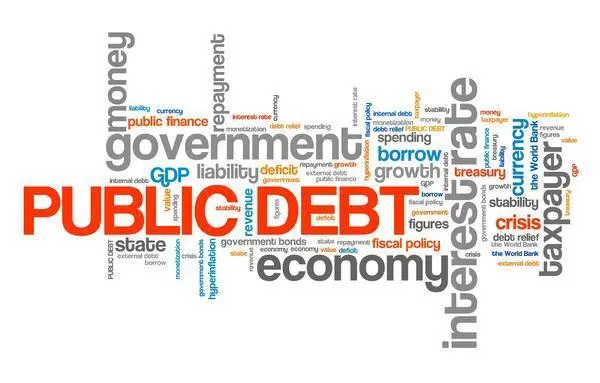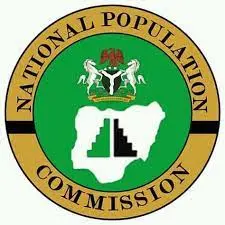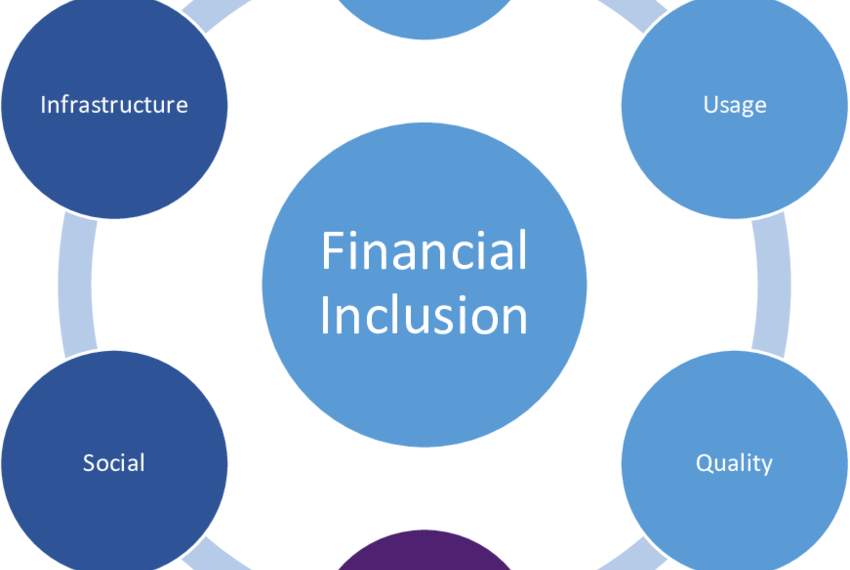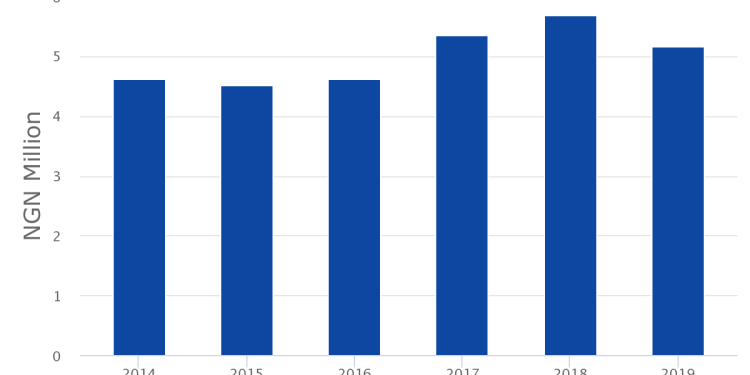
Human Trafficking: Nigeria Records Slight Decline in Number of Persons Trafficked
Nigeria, recorded a decline in trafficked persons from 1173 persons in 2018 to 1152 persons in 2019, representing a marginal decline of 1.79%.
Tag

Nigeria, recorded a decline in trafficked persons from 1173 persons in 2018 to 1152 persons in 2019, representing a marginal decline of 1.79%.

This is not the first time members of the Buhari Administration have “prophesied” about the country’s rice production and export.

The federal government of Nigeria has approved a budget of N17.13 Trillion (N17,126,873,917,692) for the 2022 fiscal year. While the federal government plans to spend this amount as total expenditure, it hopes to generate revenue to the tune of N10.74 Trillion (N10,740,803,831,543).

A Dataphyte review of the Medium Term Expenditure Framework has revealed that Nigeria will borrow N14.8 Trillion between 2022 and 2024. According to the document, the projected figure for 2022 stands at N4.89 Trillion. This is further broken into domestic borrowing of N2.44 Trillion and N2.44 Trillion for foreign borrowing.

The average monthly reserve held by banks in Nigeria summed up to N10.21 trillion as of November 2021. The total reserve for the eleven months was N112.27 trillion.

Details of the approved 2022 budget have shown that the country will spend the sum of N177.33 billion on Population and Housing Census in 2022.

The Nationa Bureau of Stattistics’ (NBS) Telecoms data for the fourth quarter of 2019 has revealed that a total of 184,699,409 subscribers were active on voice calls in Nigeria. Also, 126,078,999 subscribers were active on internet during the period under review. According to the report, Nigeria recorded an increase of 3.08 percent and 2.37 percent on voice and internet subscription respectively between the fourth quarter of 2018 and the fourth quarter of 2019.

Wars are lost on information and inadequate intelligence. It is the same for our economy – having reliable data is like having your own army. Precise, error-free and timely economic data are important in informing policy decisions. Key production and economic statistics explain the dimension of economic response. Without reliable data, policymakers cannot determine how badly the economy is hurting, how the people are faring and more importantly, how to improve the economy.